A bright future: the new recruits saving sight in Tanzania
Learn how six ophthalmic assistants are putting their skills to work at remote eye screening camps and local hospitals.

“Before training I didn’t know anything about eye health, despite years of experience in the health sector.”
Across Tanzania, six newly qualified ophthalmic assistants are now supporting remote eye screening camps and testing sight in local hospitals.
There are very few trained eye health professionals in Tanzania, which makes it difficult to access services such as eye tests, especially for people living in rural areas. The training programme focuses on making sure the future of eye health is sustainable, accessible and planned with gender and disability considerations in mind.
Nurse Logath, one of the trainees from Singida, a central district in Tanzania, told us: “Beforehand, I didn’t know anything about eye health. In the health centre where I work, we often had to guess what the problem was with people’s eyes. Sadly, we often provided the wrong prescription. It was a big problem.”
After receiving training, Nurse Logath can now examine a patient and provide the right medication. “I am proud of this course,” she says, “as I help people to be safe from avoidable blindness and I can be a good ambassador for inclusive eye health.”
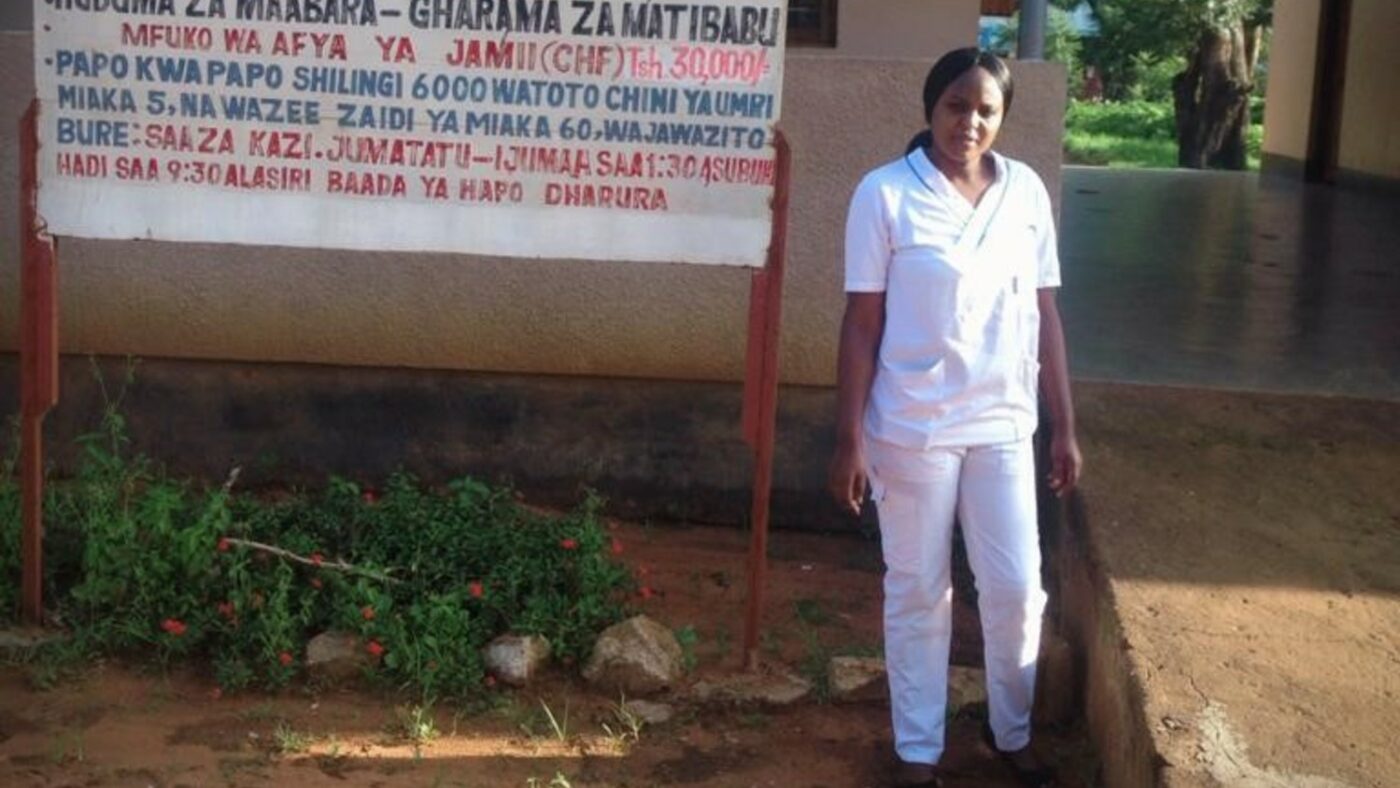
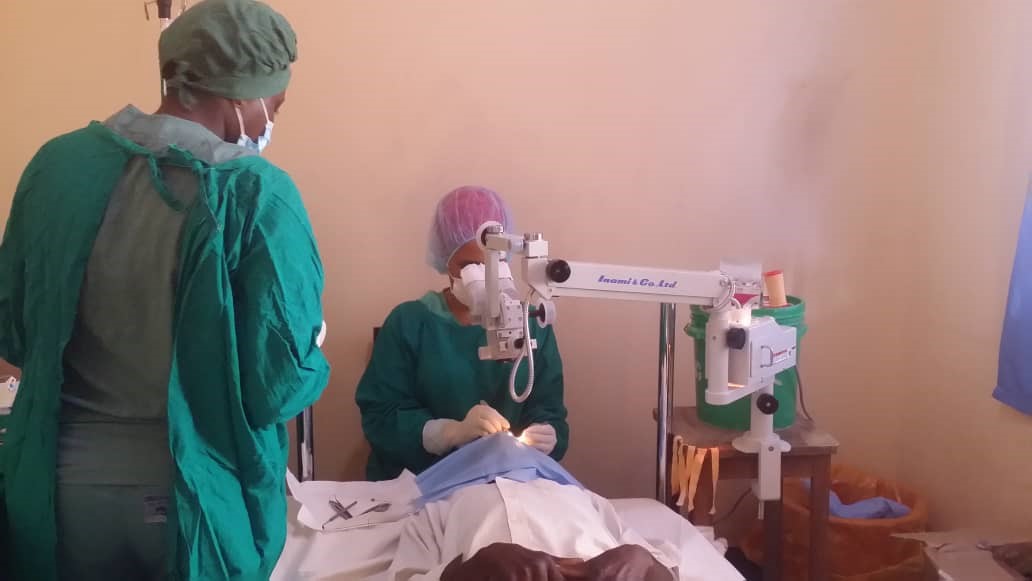
In the Singida district there are no eye surgeons, which means people with advanced eye problems have to make long, expensive journeys – sometimes travelling up to 100km – to receive treatment.
With support from UK Aid, Sightsavers’ inclusive eye health project is working to improve access to affordable quality eye care services. The project aims to train at least 300 more ophthalmic assistants across Tanzania, with additional funding for more cataract surgeons, including one in Nurse Logath’s district.
Next steps include continuing to work collaboratively to build more inclusive eye care within the current health system, so everyone has access to quality eye care to prevent and treat avoidable blindness.
Due to COVID-19 restrictions the project was paused over parts of 2020, however, we hope that by September 2022 over 90,000 people will have benefited from the programme and over 400,000 people and families will have increased awareness of the importance of eye care. We want people to be empowered by their improved vision and better able to participate in work and community life.
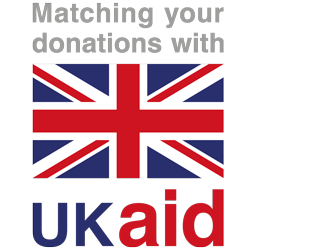 This Inclusive Eye Health project in Tanzania is funded by the UK government through UK Aid Match, and is designed to reach people from marginalised groups.
This Inclusive Eye Health project in Tanzania is funded by the UK government through UK Aid Match, and is designed to reach people from marginalised groups.
“I am proud of this course. I help people to be safe from avoidable blindness.”
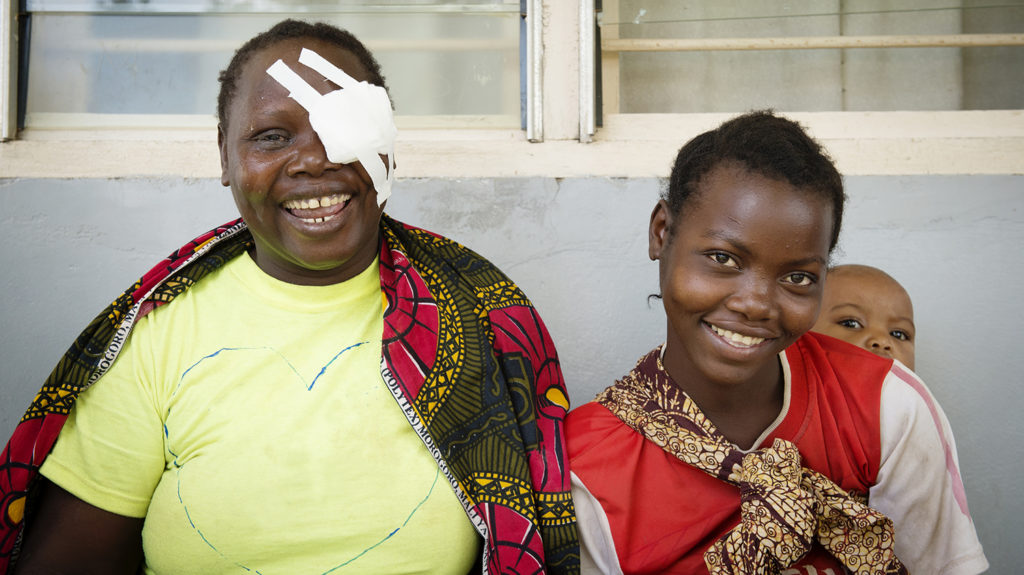
Find out more about our work to save sight
Protecting eyesightMore from the field
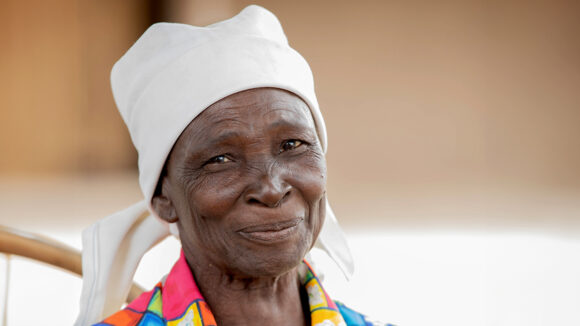
“I’m a living testimony of cataract surgery”
When Angeshita regained her independence after her eye operation, so did her family. They are now able to return to school and work, giving them all hope for the future.
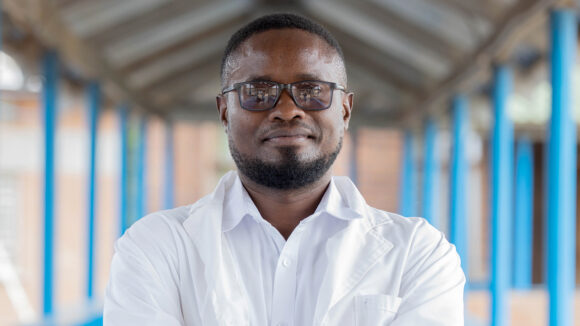
Alinafe cuts the queues
Learn about one man's mission to make a difference in Malawi by training as an eye health specialist.
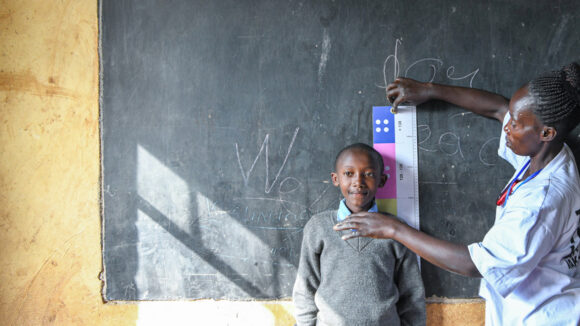
“Our programme has transformed communities”
Now in its sixth year, the Accelerate programme has already delivered 53 million treatments to protect people from trachoma, and managed 91,000 advanced cases of the disease.